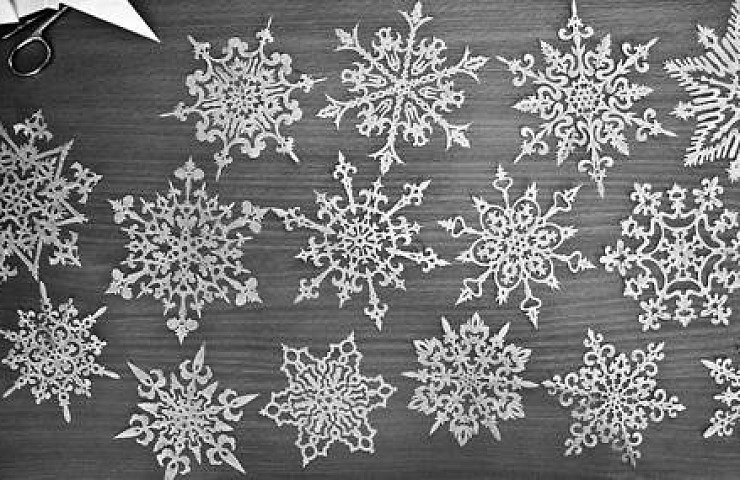Each year I struggle with seasonal depression. Things like getting out of my bed, cleaning and taking care of myself can feel hard. However, I have developed ways to fight seasonal depression over the winter months.
Seasonal depression occurs most often during fall or wintertime and eases up during the summer months. Likely, this is due to the change in daylight hours. Less sunlight may trigger a chemical change in the brain leading to symptoms of depression.
Seasonal depression mainly occurs during adulthood and can increase with age. Some symptoms of seasonal depression are increased drowsiness, loss of interest in activities you enjoy and feelings of guilt. While these symptoms may look like other mental health conditions, it is always important to talk to a healthcare provider for a medical diagnosis.
As someone who struggles with the seasons changing, here is what I recommend doing in order to feel better as it gets colder and darker.
Tips And Tricks
- Go Outside
It’s good to try to challenge myself to wake up relatively early and attempt to make the most of the hours of the day in which the sun is out. If you have a dog, you can take them on a walk like I do. Or maybe you could take a “hot girl” walk just by yourself or with your friends. It’s best to do this while it’s still bright out and use it to start your day.
- Exercise
Motivating yourself to go to the gym can be helpful as well. While everyone’s fitness goals may vary, it can be a fun way to ensure that you are getting out of the house almost every day and doing something. It’s important to walk into the gym and have a good idea of what you want to do, and have fun while you do it.
- Eat Healthy Meals
Sometimes seasonal depression can cause your appetite to change, causing you to eat much more or little. This can make you feel worse, so it’s important to ensure you are motivated to continue eating full and balanced meals. Maybe you can try to keep your fridge full of food you know and love, but are easy to make. Stick to a consistent menu with tons of veggies and protein!
- Focus On Feeling Good
It’s also important to have hobbies that can help you get out of a funk and keep you entertained. Maybe spend winter break devoting time to a new skill or hobby you want to learn.
- Seek Help From Friends
Lastly, it is important to value your support system and let them in on how you’re feeling. More likely than not, they will care and want to help you. Make a habit of FaceTiming your friends since you won’t be able to see them over the break and strengthen your friendships where you live if you live off campus.
At the end of the day, seasonal depression is beatable, but it is super difficult to deal with. Hopefully by following these recommendations, day by day it will get better for you. Just remember you are not alone, and to seek professional help if you want to.





Recent Comments